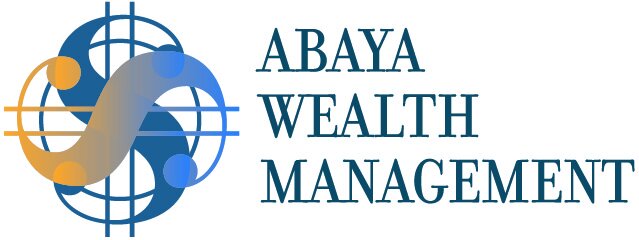10 Tips for Recession-Proofing Your Cash Flow
With the daily reporting on inflation and seemingly inevitable recession, it’s reasonable to be concerned about how your day-to-day expenses will be impacted.
While your individual spending habits won’t directly impact the overall economy, there are several strategies you can implement to safeguard your household cash flow.
1. Meal Planning
I learned this tip from my mother, a proud Scot woman known for being frugal. At the beginning of each week, she would plan out all of our lunches and dinners, create her grocery list to include the items needed for those meals, and shop just once each week.
A meal plan ensures you have what you need on hand, eliminating the need for multiple shopping trips where you can be tempted to overspend.
2. Buy Store Brands
I recently learned that here in Western New York, Wegman’s brand ice cream is made by local premium ice cream maker Perry’s. This isn’t uncommon. Well-known brands often manufacture items sold under a store or generic brand, typically at a lower price.
So, a tip for saving even more on your weekly grocery shopping is to consider buying store brands. You may find that they are equal in quality to your favorite name brands at a fraction of the price.
3. Have a Weekly Leftover Night
Did you know that 30% of all food purchased in the U.S. is wasted? Take your meal planning one step further by including a weekly “leftover night.” Whether you incorporate the leftovers into a new meal or just reheat and serve, you’ll maximize your grocery budget while reducing food waste.
4. Reduce Energy Costs With Motion Detectors
Living with three teenagers was causing havoc to my electricity bill. The laundry room light in our basement was the biggest culprit. Each time one of the kids went down there, the overhead light was left on. Often for hours.
My husband had the idea to install a motion detector switch for the light. It was the perfect solution. So now someone enters the room, the light turns on, then automatically turns off once the room is empty for five minutes. This simple change saves energy and has reduced our utility bills.
5. Consider a Tankless Water Heater
Standard tank water heaters typically last 15 years - and mine is currently 12 years old. Because of this, I’ve been researching tankless water heaters.
I found that tankless models can last up to 20 years and are 24% to 34% more energy efficient than regular tank models. So an upgrade to tankless can result in significant energy savings over time.
6. Slow Down Your Online Purchases
I love Amazon. It's where I shop most, but now Amazon has a "Buy Now" button. You don't have to put items into a cart. Just click the “Buy Now” button, and the transaction is complete.
Don’t use it. Instead, whether you’re shopping on Amazon or another online retailer, a good practice is to put your purchases in the cart, then wait a day. When you return, complete the purchase if you still want those items. Getting into this habit can help you reduce impulse spending.
7. Monitor Online Subscriptions
Many online apps are easy to buy and then keep charging you month after month. You may keep paying for it because you don't notice it.
For example, my daughter needed to create a resume, so I downloaded a resume builder app. It was a great tool that helped her out, but I didn’t cancel it. Two months later, I realized I was paying $25 per month for a resume builder that nobody used.
Check your subscriptions every month. Make sure you are using them. If not, get rid of them.
8. Reduce Credit Card Fees
A recent study by Lending Tree found that nine out of ten consumers who asked for a reduction in credit card fees had their request approved.
If you’re carrying a credit card with a high balance, a reduction in fees could result in significant savings. Consider requesting a fee reduction.
9. Ask for Late Fee Waivers
If you’re typically on time with your bill payments but end up getting charged with a late fee, it’s worth a try to reach out to the vendor and request that the fee be waived.
Having late charges waived helps your credit score. So, if you don’t often have late payments, I recommend trying this tip.
10. Travel Off-Season
Friends of mine are leaving tomorrow to go to Hawaii. It seems like an odd time to go to Hawaii from Buffalo since it's so gorgeous here right now, but they got a good deal because it is the off-season for tourism in Hawaii. So keep this tip in mind when you’re planning your next vacation.
These are just some techniques to help recession-proof your cash flow. Think about additional ways you can reduce spending.
Understanding Your Cash Flow
When you understand your spending habits, you’re empowered to make positive choices and use your money as a tool to create and grow assets so that you can gain wealth, as well as feel more secure and happy. To get started, download our Cash Flow Analysis Template.
